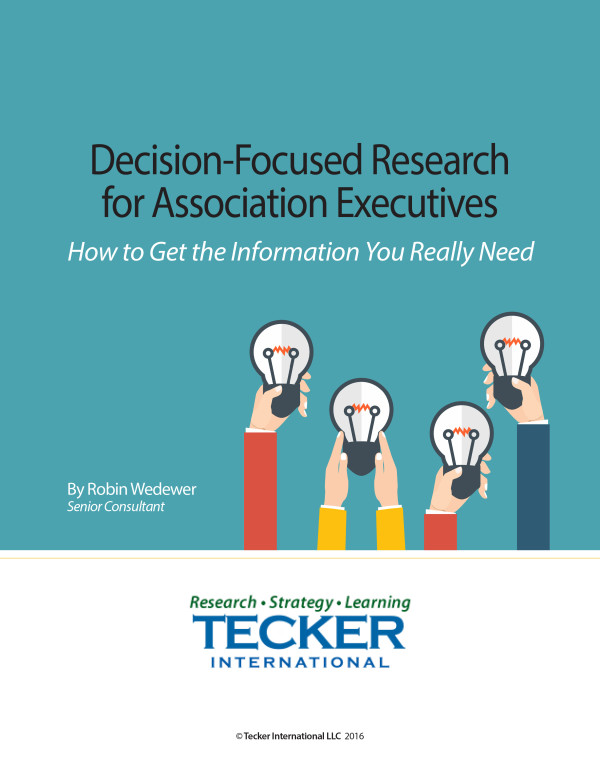Awhile back, we responded to a question about having legal counsel present at all association board meetings. We encountered an incident recently that made us revisit the question. Certainly, if the board is considering a legal question at a specific board meeting, it would make sense to include legal counsel. However, it would not be our recommendation to make it a habit to have legal counsel present as a matter of course at board meetings. In our experience, in too many instances, long term association attorneys behave like a Co-CEO and wade in with opinions on virtually every issue whether legal or not. It can be subtle behavior – like when a reference to institutional memory is used to disguise a personal opinion on a non-legal issue as helpful information.
We observed one horror story where a manipulative chief elected officer, who disagreed with the executive and the board on a majority of most issues, insisted on the routine presence of legal counsel with whom he had a personal relationship. As board chair he turned to the lawyer to answer questions he posed, rather than turning to the exec. The incumbent chair left office at the conclusion of his term but the lawyer stayed and his habit of offering recommendations on any important issue continued. It stopped when the board and a new exec noticed that the attorney was actually putting his hand up during informal votes. Sometimes the forgotten history of why something happened in the first place can explain a longstanding practice that seems not to make sense.
Years ago, when association execs were treated like executive secretaries or administrative managers, it was common for the lawyer to be treated like the only expert professional in the room.
If an exec wants to share the role of primary professional adviser to the board, then go ahead and have the same lawyer at every governance meeting. However, if there is truly the need for that much legal guidance, then we would suggest establishing a full time General Counsel staff position that reports to the CEO. The right person can execute other duties as well and will eliminate concern about billable hours as a consideration.


